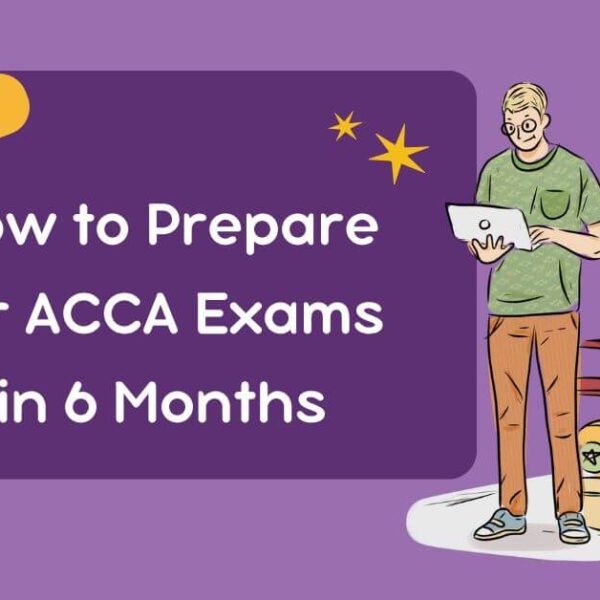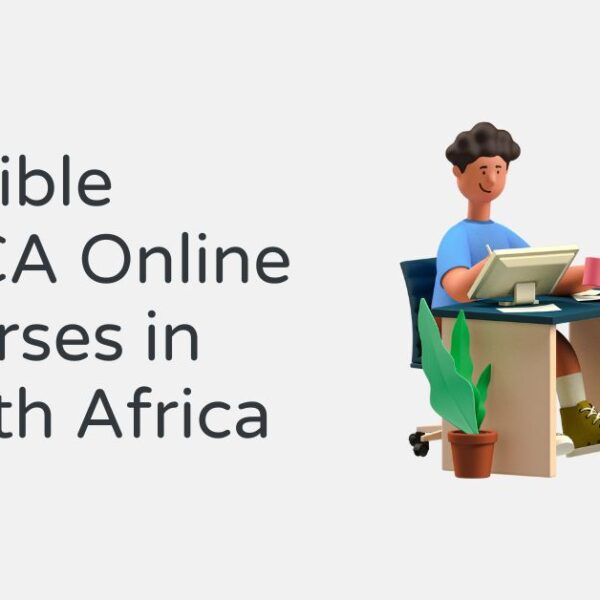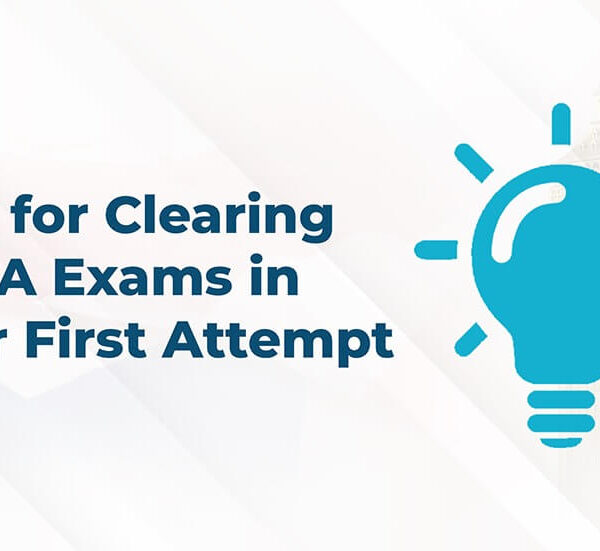Pursuing the ACCA qualification represents a significant commitment for aspiring finance professionals in Botswana. While the end goal remains consistent, achieving this prestigious professional certification, the path to success offers multiple routes. Today’s students face an important decision: Should they opt for traditional classroom-based learning or embrace the flexibility of online courses? Each approach presents distinct advantages and challenges, particularly relevant to Botswana’s educational landscape.
Traditional Classroom Learning: The Established Approach
Traditional ACCA instruction has long been the standard in Botswana, typically delivered through accredited learning partners and educational institutions. This approach offers several notable benefits:
Strengths of Traditional Learning
Structured Environment: Fixed schedules and physical classrooms provide a disciplined framework that helps many students maintain consistent study habits. For those who struggle with self-motivation, this structure can be invaluable.
Direct Instructor Access: Face-to-face interaction with tutors allows immediate question resolution and personalised attention. This can be particularly beneficial when tackling complex ACCA subjects like Advanced Taxation or Strategic Business Reporting.
Peer Support Network: Studying alongside fellow candidates creates a built-in support system. Students can form study groups, share resources, and motivate each other through challenging topics, an important consideration for the rigorous ACCA qualification pathway.
Fewer Technology Requirements: Traditional learning minimises concerns about internet connectivity or digital literacy, which may affect some students in Botswana’s more remote areas.
Limitations to Consider
Despite these advantages, traditional methods present certain challenges:
Geographic Constraints: Quality ACCA instruction may be concentrated in urban centres like Gaborone, creating accessibility issues for those in more remote parts of Botswana.
Fixed Schedules: Working professionals must align their work commitments with predetermined class schedules, which can potentially create difficulties with work-life balance.
Higher Associated Costs: Traditional instruction often carries higher fees, plus additional expenses for commuting, accommodation, and physical study materials.
Online ACCA Courses: The Modern Alternative
The digital revolution has transformed ACCA preparation through comprehensive online courses, offering Botswana students an alternative path to qualification.
Advantages of Online Learning
Unmatched Flexibility: Students can access lectures, tutorials, and study materials at any time that suits their schedule, a crucial benefit for those balancing professional responsibilities with their studies.
Geographic Freedom: Online courses eliminate location barriers, providing quality ACCA instruction to students throughout Botswana, not just in major urban centres.
Cost Efficiency: Online options typically involve lower tuition fees and eliminate commuting expenses. Additionally, digital study materials often cost less than their physical counterparts.
Self-Paced Learning: Students can spend additional time on challenging concepts and move quickly through familiar material, creating a more efficient learning experience tailored to individual needs.
Technological Innovation: Interactive simulations, adaptive learning technologies, and multimedia presentations can enhance understanding of complex ACCA subjects.
Challenges to Overcome
The online approach does present certain obstacles that Botswana students should consider:
Self-Discipline Requirements: Without scheduled class structure, students must develop strong self-motivation and time management skills.
Technology Dependencies: Reliable internet connectivity and appropriate digital devices are prerequisites, which may present challenges in some regions of Botswana.
Reduced Face-to-Face Interaction: Direct engagement with instructors and peers is limited, potentially affecting the depth of discussion around complex topics.
Making the Right Choice for Botswana Students
When deciding between traditional and online ACCA study methods, Botswana students should consider several factors:
Personal Learning Style: Self-aware students should assess whether they thrive in structured environments or prefer flexible, self-directed learning.
Work and Personal Commitments: Those balancing full-time employment with studies may find online options more accommodating to their schedules.
Geographical Location: Students outside major urban centres may find that online courses provide access to quality instruction otherwise unavailable locally.
Technology Access: Reliable internet connectivity and appropriate devices are prerequisites for successful online learning.
Financial Considerations: Students should calculate the total cost of both options, including tuition, materials, commuting, and the potential impact on working hours.
Hybrid Approaches: The Best of Both Worlds
Many successful ACCA candidates in Botswana now opt for blended learning approaches that combine elements of both traditional and online methods. This might include:
- Primarily self-directed online study supplemented with occasional in-person workshops
- Online lecture viewing followed by physical study groups with peers
- Digital study materials combined with traditional face-to-face tutoring for complex topics
This hybrid approach allows students to customise their learning experience to their specific needs while managing time, location, and budget constraints.
Conclusion
Traditional and online study methods offer viable paths to the ACCA qualification for Botswana students. The optimal choice depends on individual circumstances, learning preferences, and practical constraints. By carefully evaluating these factors, aspiring finance professionals can select the approach that maximises their chances of success in achieving this prestigious professional credential.
Regardless of the chosen method, commitment, consistency, and comprehensive understanding of the ACCA registration and examination requirements remain essential to success on this rewarding professional journey.








